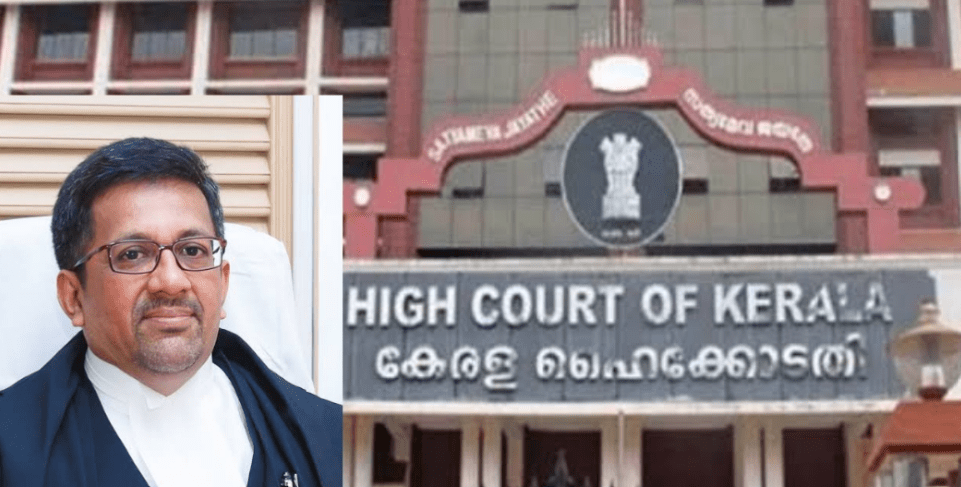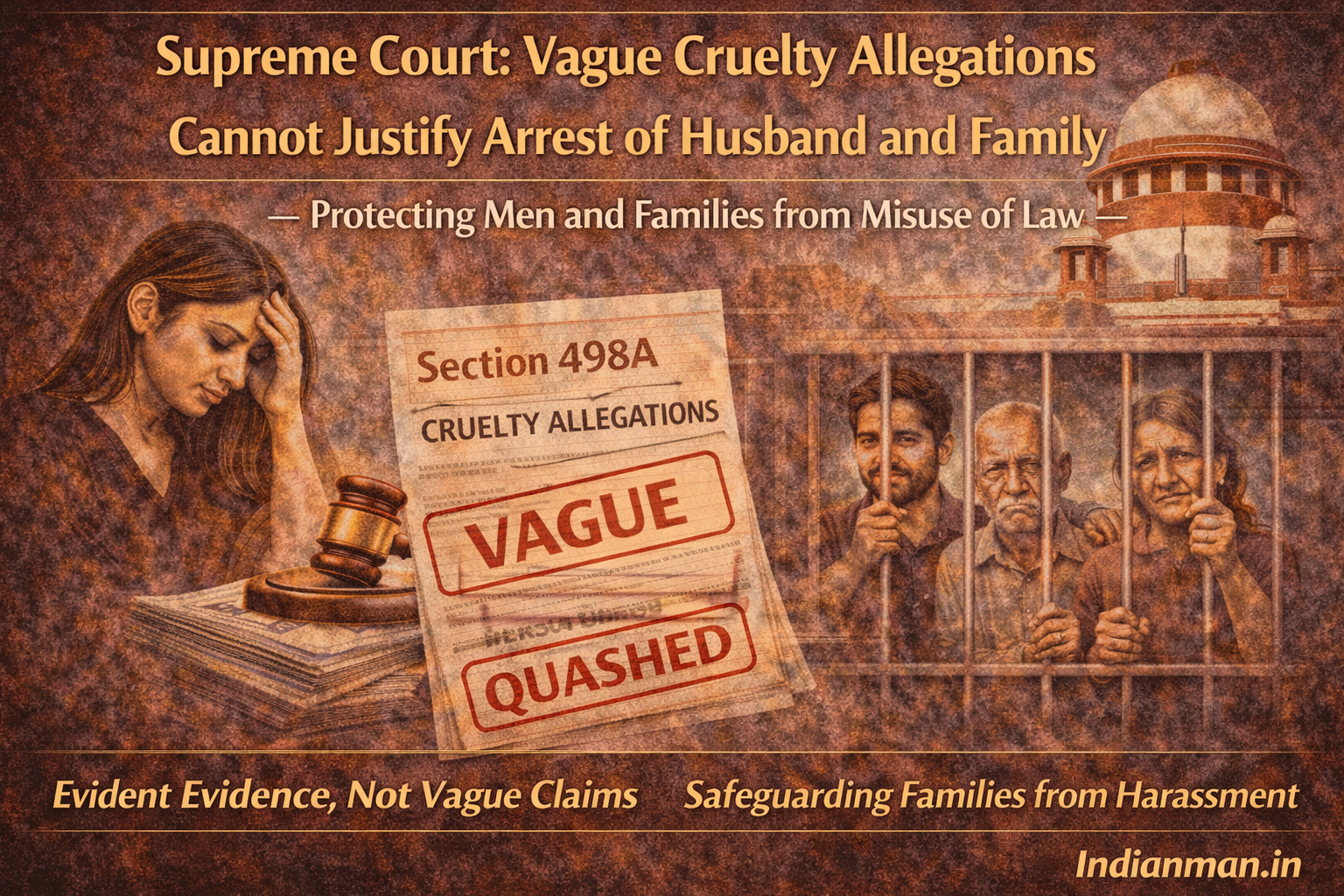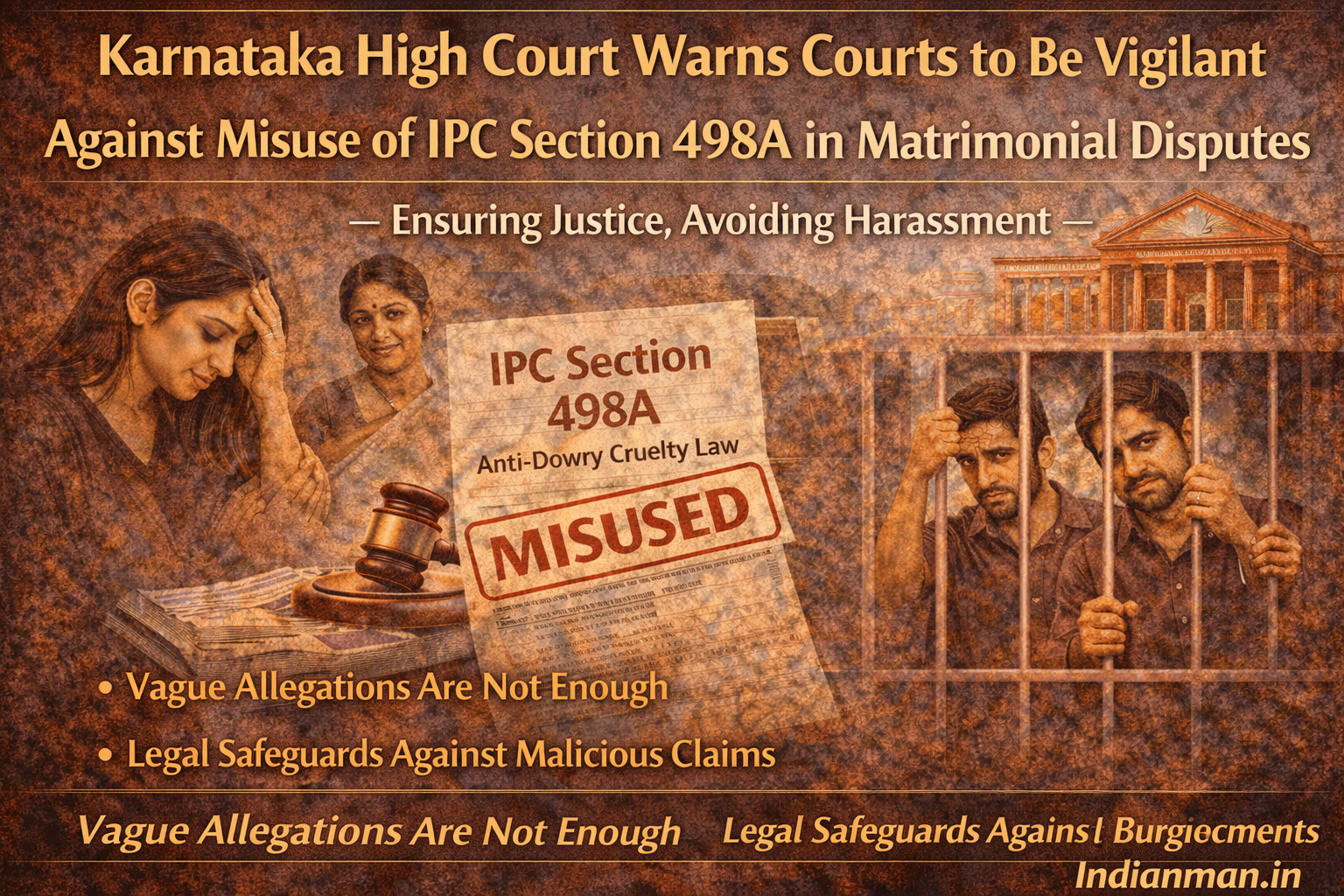Kerala High Court: Minor Marital Disputes Are Not Dowry Harassment Under Section 498A IPC
The Kerala High Court has ruled that trivial disagreements between spouses do not amount to dowry harassment or cruelty under Section 498A IPC unless both dowry demand and cruelty are clearly proven. The Court emphasized that merely demanding dowry, without cruelty, does not constitute an offense under this section.
Court’s Interpretation of Section 498A IPC
Justice P. Somarajan, delivering the judgment, stated that for an act to be considered cruelty under Section 498A IPC, the following conditions must be met:
- The husband or his relatives must have harassed the wife for an unlawful demand of property or valuables.
- The act of harassment must be directed toward the wife or her family.
- The harassment must be intended to force the wife or her relatives to meet the demand or be a result of their failure to do so.
The Court noted that neither “harassment” nor “coercion” is explicitly defined in the Indian Penal Code (IPC). However, it interpreted “coercion” using the Contract Act’s definition, meaning an act meant to force compliance with an unlawful demand.
Case Details and Judgment
In this case, the wife accused her husband of demanding more dowry and assaulting her. However, the Court found no medical records or witness statements to support the allegations of assault. Since there was no proof of cruelty, the Court ruled that the charges under Section 498A IPC could not be upheld.
The Court also warned against the misuse of Section 498A IPC, highlighting how false cases can cause undue suffering to accused individuals and even break marriages. It advised authorities to be cautious when registering FIRs based on minor disputes between spouses.
Conclusion
Finding no credible evidence of harassment or physical abuse, the Kerala High Court set aside the conviction and acquitted the accused. The ruling reinforces the need for a fair legal approach, preventing misuse of laws meant to protect genuine victims of dowry harassment.
Be a part our social media community:
Facebook: https://www.facebook.com/IndianMan.in?mibextid=ZbWKwL
Instagram:
https://www.instagram.com/indianman.in?igsh=MWZ2N3N0ZmpwM3l3cw==



